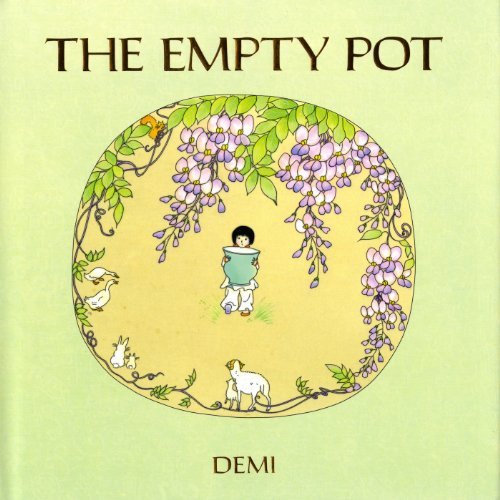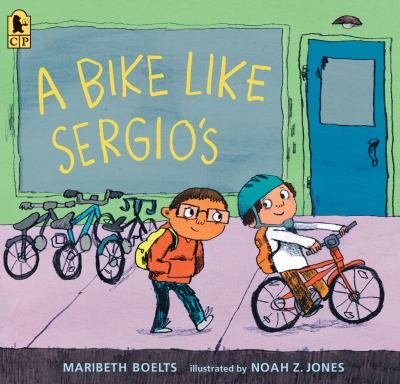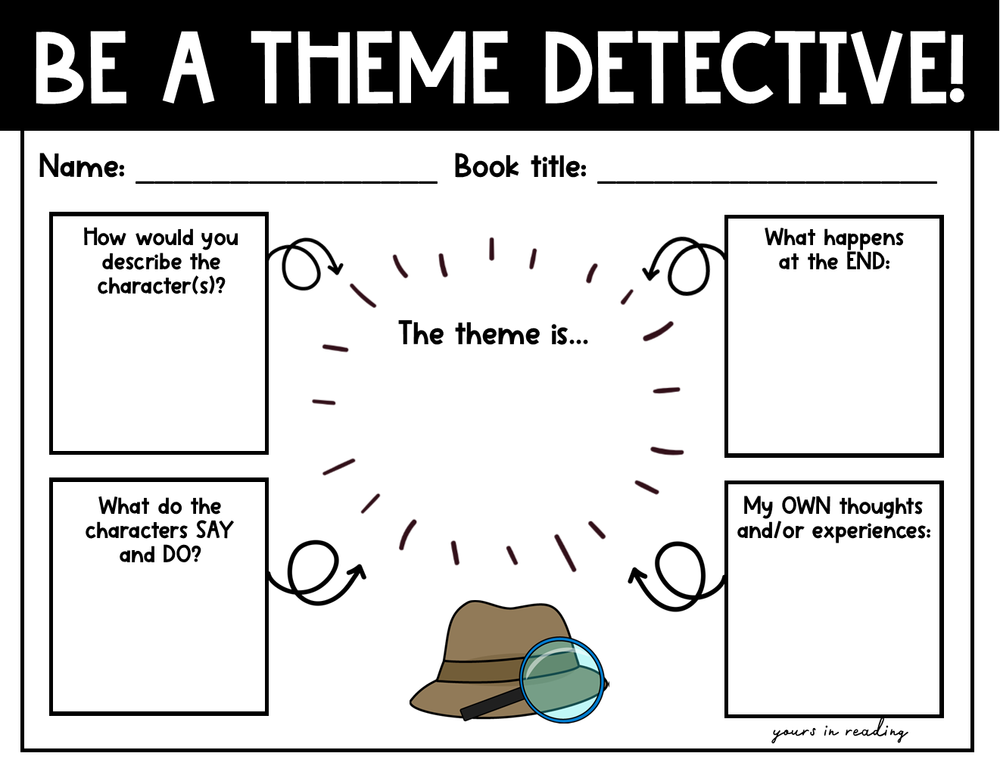Teaching Theme/Moral of a Story Through Interactive Read-Alouds

Elementary teachers looking for free and engaging lesson ideas to support teaching theme or moral of a story will find this post helpful. It also includes picture book recommendations that align with the skill and easy ways to make read-alouds meaningful and interactive. Let’s get to it!
Pat, clap. Pat, clap. Pat, clap.
(In a sing-song voice) “The theme is the message of the story.”
The chanting continues as students join in and we start pat-patting and clap-clapping faster and faster it’s a big jumble of words and pat-claps. Giggles ensue but the point is made:
The theme is the message of the story.
FYI: The first five letters of “the message” spells theme (see above graphic)!
My intro-to-theme spiel sounds something like this:
Authors are wise people and they love to impart their wisdom on their readers by embedding a theme into their stories. But authors also know that you are an intelligent reader, so they won’t just tell you what the theme of the story is.
Ehem. Hey reader, the theme is “appreciate what you have”. You’re welcome. Have fun reading. I already told you the best part.
No! The author wants you to think and reflect and relate the message to your own life. So how do you find the theme? You have to do something that mature readers do. You make inferences.
Inferences are made by looking for clues in what the characters do and say, within the story events, and within your own life experience. I’m also going to give you a little hint on finding theme: Even though the author likes to drip little clues throughout the entire story, you can almost always figure out the theme on the last few pages. 🤯
My two favorite books to start a unit on the theme of a story happen to have the very same message. Since students are easily drawn into the engaging plot lines of both stories, comparing and contrasting the thematic elements comes naturally.
*Don’t miss a wonderful opportunity to weave social-emotional learning into the discussion by introducing the term integrity and allowing students to make relational connections. Kill two birds with one teaching stone? You betcha!
Two Favorite Read-Alouds to Teach Theme
The Empty Pot By: Demi
The emperor is in need of a successor and offers a proclamation: the child who brings him the most beautiful flower in a year’s time will succeed him to the throne. Children from all over the land clamber to receive their flower seeds from the emperor, including Ping, a green-thumb and expert gardener. Ping meticulously tends to his flower seeds and is dismayed when they do not grow. He changes the soil, transfers the seeds to a new pot, and continues to care for his seeds, but still nothing grows. After a year’s time, the other children proudly proffer their beautiful flowers to the emperor, while a shameful Ping must appear with only an empty pot. We suspect that the emperor will be disappointed in him, but a smile slowly spreads across his face as he declares Ping the only one worthy of becoming the next emperor.
Spoiler: The seeds the emperor distributed were all cooked, thus deeming it impossible for any of them to grow. It is unknown where the other children (deceptively) acquired their seeds, but the only one who was honest enough to admit defeat was Ping.
- What message does the author want us to know about life?
- What happens in the book to make you think that this is the theme or moral of the story?
A Bike Like Sergio’s By: Maribeth Boelts
More than anything else in the world Ruben wants a bike like his best friend, Sergio’s. But Ruben’s family struggles to afford the weekly groceries and he knows that getting a new bike for his birthday is not in the cards. While picking up some bread at the neighborhood grocery store Ruben notices that a dollar bill falls out of the lady’s purse standing ahead of him in line. He quickly picks it up and pockets it; after all it’s only a dollar. When he takes it home and pulls it out of his pocket he realizes that it isn’t a dollar bill—it’s a hundred dollar bill—more than enough money for a bike like Sergio’s.
For a day or two the money is misplaced and Ruben is quite distraught, but it is finally recovered when he finds it tucked away in a different pocket of his backpack. The feelings that he experiences upon losing the money prompts him to return it to the lady at the grocery store. When he tells his parents what happened he is filled with pride because he chose to do the right thing. Although he doesn’t end up with a bike like Sergio’s, he finds being surrounded by people who love him and are proud of him, in a warm, cozy house, with the anticipation of his birthday around the corner is enough of a reward in itself.
- What message does the author want us to know about life?
- What happens in the book to make you think that this is the theme or moral of the story?
Savvy listeners will come to the conclusion that both stories have similar themes! In fact, this is a great segue into a discussion about what it means to show integrity.

Tell students to massage their brains because you have some questions that are really going to make them think:
How do Ping and Ruben show integrity in similar ways?
Hmm. Well, for starters they both have to overcome some difficult emotions!
- Ping is ashamed of himself for not being able to grow a flower and embarrassed for not growing flowers like the other children. But his dad tells him that he did his best and that it is good enough.
- Ruben knows that keeping the money means that he’ll eventually have to come clean, but he’s hesitant to tell because it may be his only opportunity to get a bike like Sergio’s. He feels empty and distraught when he loses the money, losing out on his chance to ever own a bike.
Also, they are both rewarded for showing integrity. Ping is rewarded by being crowned emperor of all the land; Ruben is rewarded by feeling the pride of his parents while being surrounded by people who love him in a warm, cozy house.
Here are a few questions to pose that don’t necessarily have a right or wrong answer.
Does courage play a role in the characters’ integrity? Does it always have to?
Can you think of a time you had an opportunity to show integrity?
Do you have any favorite books for teaching about theme or showing integrity? I’d love to hear about them!
For more tried-and-true read-aloud titles for teaching theme/moral check out this post! Folktales are PERFECT for the occasion and are so fun to read aloud!



